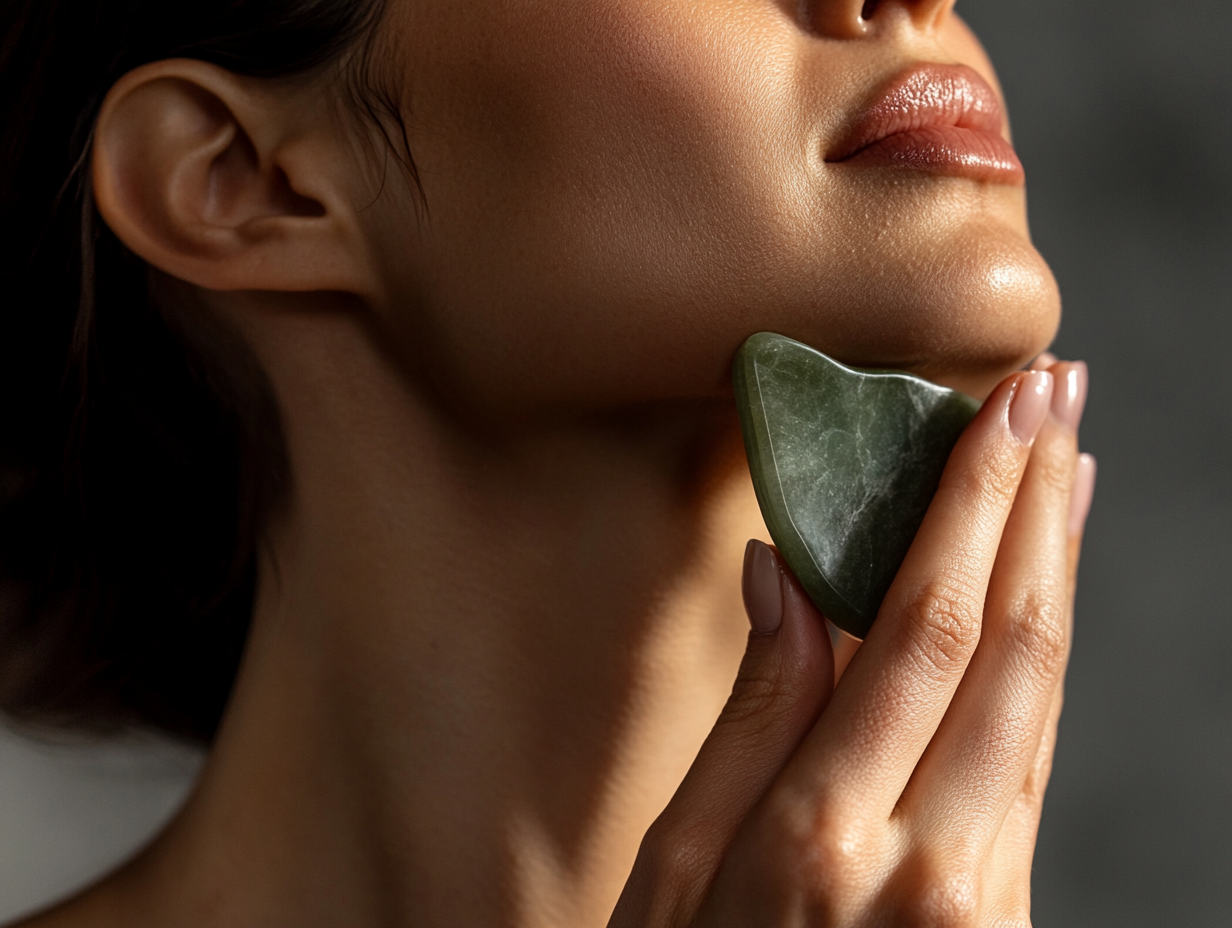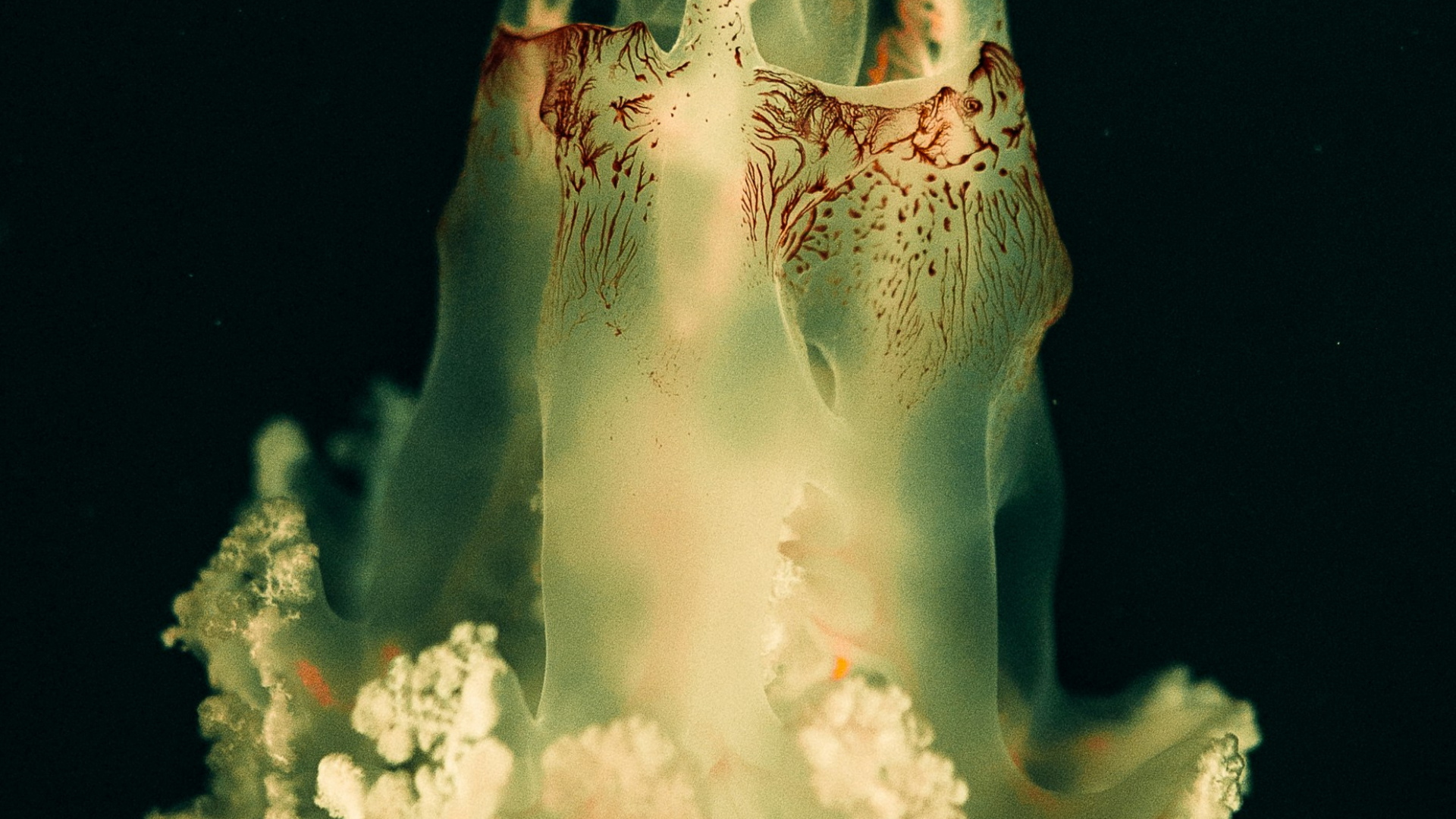THE MIRACLE MOLECULES YOU NEED TO PROTECT YOUR SKIN EVERY DAY.
Published: 03.22.2022
4 MIN READ
As the summer sun starts to heat up, BBQ’s, weekend trips, and summer holiday plans become the focus. And with that your routines and health-focused eating tend to go out the window. Pair that with delightful excess sun exposure and daily happy hour, and summer can take a massive toll on your skin. The good news is that there is one simple ingredient you can add into your plans that will keep your skin healthy and your collagen production strong: antioxidants.
What are antioxidants?
In case you’ve been living under a rock, and have never heard the term antioxidants, they are naturally occurring molecules found in various foods like tomatoes, botanicals like gotu kola, and plant-extracts like horsetail extract. Antioxidants work to neutralize reactive oxygen species preventing oxidative damage to cells and tissues caused by free radicals.

To recap – if you missed our previous article – free radicals play a role in your body that can be both beneficial and harmful. Certain free radicals produced by digestion and exercise help to neutralize viruses and bacteria. However, an overproduction of free radicals – produced from negative external factors – can affect your DNA, lipids, proteins like – collagen and elastin, and cause oxidative stress.
“They [free radicals] come from things like air pollutants, chemicals, and cigarette smoke, and they basically suck the life out of your face,” says dermatologist Mona Gohara, M.D., associate clinical professor at Yale University.
The free radicals born of external factors such as pollution, tobacco, and UV exposure are highly reactive, unstable molecules. These unstable molecules attempt to stabilize themselves by attacking stable molecules, which then cause damage to healthy cells, and can lead to cell death and premature aging.

Wrinkling and pigmentary changes are directly associated with premature photo-aging caused by free radicals. Free radicals also play a leading role in the degradation of collagen, which contributes to the deepening of wrinkles by weakening the bond between the dermis and epidermis of your skin, which slows the epidermal turnover rate – aka the regeneration of your skin cells.
Before you panic and swear off all your summer plans, remember, antioxidants are here to save the day. Incorporating the right amount of powerful antioxidants into your diet is vital for the health of your skin.
Antioxidants can be found in some more widely known molecules such as vitamins A, C, and E, but some of the best and most active forms of antioxidants come from molecules and phytochemicals you may have never heard of.

Three insanely powerful antioxidants that will protect your collagen production, replenish aging cells and save your skin:
Flavonoids:
Flavonoids are a family of over 5,000 compounds found in plants such as acerola cherry, horsetail extract, citrus bioflavonoids, and peppermint. These compoundsare bioactive phytochemicals that aid in protecting against inflammation and photoaging, as well as supporting hydration, while also playing a key role in collagen and keratin production.
Recent research has shown that flavonoids can inhibit advanced glycation end product (AGE) formation, which supports longevity and cognition during healthy aging. Through fighting free radicals, flavonoids are able to repair oxidative damage and promote neurovascular structure in the skin, which aids in cell regeneration. These nutrients also help reduce collagen degradation, delay skin aging and can inhibit skin cancer.
“Flavonoids absorb UV light and modulate signaling pathways that influence cellular function to prevent photoaging and damage,” says board-certified dermatologist Rhonda Klein of Connecticut Dermatology Group.
More studies have shown that ingesting flavonoid rich ingredients can increase microcirculation and improve skin structure, tone, and texture. Skin density and skin hydration were also increased. Other studies have shown that flavonoids, such as quercetin and rutin, can replenish aging cells, promoting elasticity and longevity of healthy skin.

Polyphenols:
Polyphenols represent a superfamily of diverse, naturally occurring phytochemicals found in plants such as amla fruit, japanese knotweed, and acerola cherry, as well as green tea extract. Polyphenols are known to promote healthy aging of the skin by reducing reactive oxygen species (ROS) that are responsible for photoaging, dryness, and uneven pigmentation.
An increasing number of studies have shown that these compounds provide significant antioxidant benefits that can boost and regulate your immune system, repair your skin cells and provide photo-protective effects – aka help repair UV damage. Studies show that consumption of ingredients rich in polyphenols help improve your skin’s natural defense against oxidative stress, prevent skin aging, and may inhibit skin cancer.
It is also suggested that polyphenols may favorably supplement sunscreen protection, and may be useful for skin diseases associated with solar UV radiation-induced inflammation, oxidative stress and DNA damage. As amazing as this is, we don’t recommend throwing away your SPF, rather double down on your SPF by incorporating polyphenols.

Carotenoids:
Carotenoids are found in certain plant and algae pigments such as lycopene, lutein, and astaxanthin, as well as in photosynthetic bacteria. They are powerful antioxidant substances that play an essential role in the neutralization of reactive oxygen species (ROS) caused by free radicals.
Carotenoids act as antioxidants within the skin, protecting against cellular damage, the effects of aging, and even some chronic diseases. Certain carotenoids such as lutein are able to block melanin pathways, down regulate cytokines, and promote antioxidants, which provides tone/texture improvements and improves skin appearance.
They also provide a photoprotective UV structure, which promotes healthy inflammation response, supports cell regeneration, and is shown to boost skin’s radiance. Additionally, there is a unique relationship between ingesting carotenoids and the reduction of premature skin wrinkling, which shows an ability to prevent extracellular matrix breakdown – aka – keeping your skin strong, and premature wrinkles at bay.
Now that you’re well acquainted with these phenomenal free radical fighting molecules, you’re probably wanting to know where you can find them. Flavonoids are found in citrus fruits, herbal tea, berries, apples, and yes, even wine (in moderation). You can find polyphenols in tea, as well as nuts such as pecans, walnuts and almonds. Carotenoids can be found in tomatoes, carrots, broccoli, and leafy greens.




